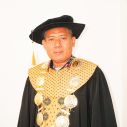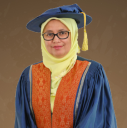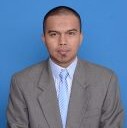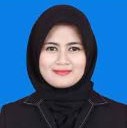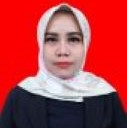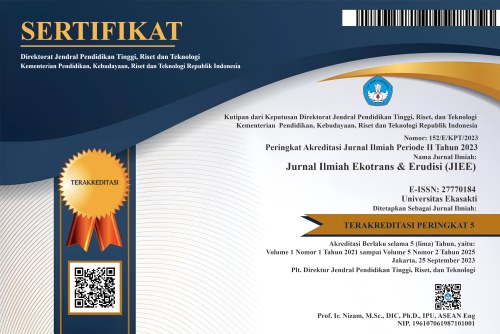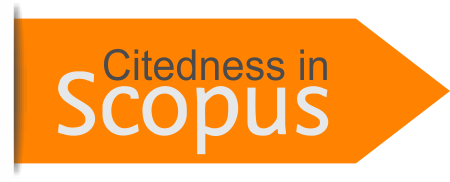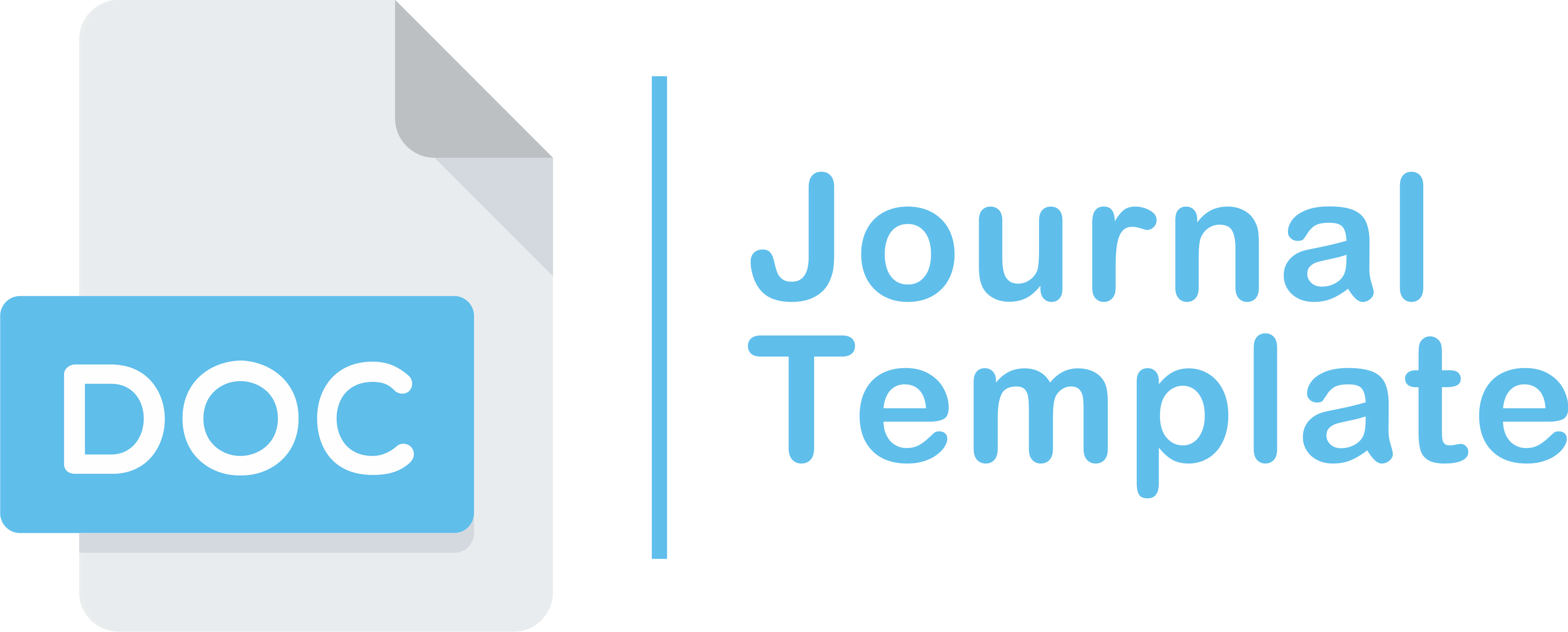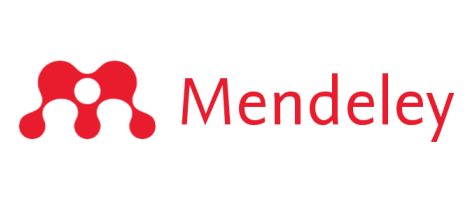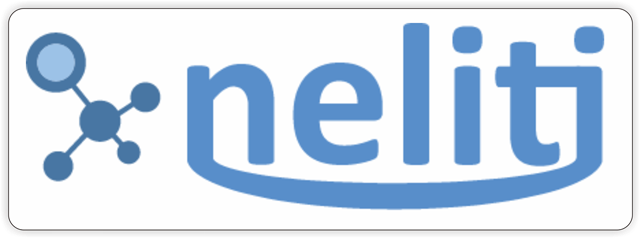Effectiveness of Gender-Perspective Economic Empowerment Program for Vulnerable Women in Agam Regency in Supporting the Achievement of Sustainable Development Goals
DOI:
https://doi.org/10.69989/hhgakz34Keywords:
Effectiveness, Empowerment Program, Vulnerable Women, SDGsAbstract
The economic empowerment of vulnerable women in Agam Regency is an endeavor aimed at facilitating the realization of the Sustainable Development Goals (SDGs), particularly SDG 5 focusing on gender equality and women's empowerment. Within Agam Regency, vulnerable women encounter a multitude of obstacles such as violence, divorce, poverty, and the consequences of natural calamities, all of which contribute to their state of helplessness. Spearheaded by the Ministry of Women's Empowerment and Child Protection of the Republic of Indonesia in partnership with Non-Governmental Organizations (Tabik DC), the empowerment initiative seeks to enhance the capabilities and financial autonomy of vulnerable women through gender-centric entrepreneurship guidance. This research endeavors to evaluate the efficacy of the program and its efficacy in advancing the SDGs. Employing a mixed methods approach, the study encompasses a survey involving 50 vulnerable women from three sub-districts (Baso, Ampek Angkek, Tilatang Kamang). The findings reveal that the program has effectively transformed the mindset of participants while enhancing their entrepreneurial acumen and knowledge in business management. Furthermore, it has played a pivotal role in bolstering self-esteem and financial self-sufficiency among the beneficiaries. By and large, this empowerment scheme significantly contributes to the attainment of the SDGs, notably SDG 5 concerning gender equality and women's empowerment. In conclusion, the economic empowerment program, centered on gender-specific technical guidance in Agam Regency, has triumphed in realizing its objectives of enhancing the capacities and financial autonomy of vulnerable women, thereby aiding in the accomplishment of the SDGs.
Downloads
References
Fatema, S. R., East, L., Islam, S., & Usher, K. (2023). Gender-based vulnerabilities for women during natural disasters in Bangladesh. Frontiers in Communication, 8, 1180406.
Fitri, A., Frinaldi, A., & Erianjoni. (2019). Wali Nagari women’s leadership style in the development of nagari government in Nagari Tigo Balai, Matur sub-district, Agam regency. IOP Conference Series: Earth and Environmental Science, 314(1). https://doi.org/10.1088/1755-1315/314/1/012045
Fitri, A., Saadah Khudri, N., Saputra, N., & Baguno, R. (2023). Peran Kepemimpinan Wali Nagari Perempuan dalam Mewujudkan Sustainable Development Goals (SDGs) Desa di Kabupaten Pesisir Selatan. JESS (Journal of Education on Social Science, 7(2), 229–243. https://doi.org/10.24036/jess.v7i2
Jabali, O., Ayyoub, A. A., & Jabali, S. (2024). Navigating health challenges: the interplay between occupation-imposed movement restrictions, healthcare access, and community resilience. BMC Public Health, 24(1), 1297.
Jhonson, M. S. (2024). Perempuan Sebagai Kelompok Rentan. Jurnal Educatio, 10(1), 173–178.
Mustaqim. (2016). Metode Penelitian Gabungan Kuantitatif Kualitatif / Mixed Methods Suatu Pendekatan Alternatif. Jurnal Intelegensia, 04(1), 1–9.
Pramono, W., & Mulia, R. A. (2023). Village Government Policy in Reducing Poverty. Jurnal Ilmiah Ekotrans & Erudisi, 3(2), 112–121. https://doi.org/10.69989/2njzr944
Puja, S. S., Neha, N. N., Alif, O. R., Sultan, T. J., Husna, M. G. Z. A., Jahan, I., & Noor, J. (2024). Exploring the barriers to feminine healthcare access among marginalized women in Bangladesh and facilitating access through a voice bot. Heliyon, 10(14).
Rui, G. U., & NIE, F. (2021). Does empowering women benefit poverty reduction? Evidence from a multi-component program in the Inner Mongolia Autonomous Region of China. Journal of Integrative Agriculture, 20(4), 1092–1106.
Savaş, Ö., Caulfield, S., Smith, H., House, M., & Stewart, A. J. (2023). Vulnerability and empowerment on the ground: Activist perspectives from the global feminisms project. Feminism & Psychology, 33(3), 429–446.
Zahara, A., Kabullah, M. I., & Putera, R. E. (2023). Effectiveness of the OSSRBA (Online Single Submission Risk Based Approach) System in Business Licensing Services in Payakumbuh City DPMPTSP. Jurnal Ilmiah Ekotrans & Erudisi, 3(2), 22–40.
Ziegler, S., & Bozorgmehr, K. (2023). “Economic migrants will anyway be deported soon”. Negotiating access and deservingness of refugees. European Journal of Public Health, 33(Supplement_2), ckad160-1622.
Downloads
Published
Issue
Section
License
Copyright (c) 2024 Annisa Fitri, Tarma Sartima, Rinawati Rinawati, Nursa’adah Khudri (Author)

This work is licensed under a Creative Commons Attribution-ShareAlike 4.0 International License.
Copyright Notice
An author who publishes in the journal "Jurnal Ilmiah Ekotrans & Erudisi" agrees to the following terms:
Author retains the copyright and grants the journal the right of first publication of the work simultaneously licensed under the Creative Commons Attribution-ShareAlike 4.0 License that allows others to share the work with an acknowledgement of the work's authorship and initial publication in this journal
Author is able to enter into separate, additional contractual arrangements for the non-exclusive distribution of the journal's published version of the work (e.g., post it to an institutional repository or publish it in a book) with the acknowledgement of its initial publication in this journal.
Author is permitted and encouraged to post his/her work online (e.g., in institutional repositories or on their website) prior to and during the submission process, as it can lead to productive exchanges, as well as earlier and greater citation of the published work (See The Effect of Open Access).
All materials in this site are protected by the law. It is prohibited to quote a part of or all of this website contents for commercial purposes without the permission or consent of the editors.
If anyone finds one article or more in this journal violate or potentially violate one’s copyrights, please report to us through e-mail of Principle Contact.
Legal-formal aspects of accessing any information and manuscript in this journal website refer to the provision of license Creative Commons Attribution-Share Alike (CC BY-SA). Read more about the Creative Commons Attribution-ShareAlike 4.0 Licence here: https://creativecommons.org/licenses/by-sa/4.0/.
All information available in 'Jurnal Ilmiah Ekotrans & Erudisi' is academic in nature. 'Jurnal Ilmiah Ekotrans & Erudisi' is not responsible for loss due to the abuse of information in the website.
Information
Notice about change in the copyright policy of the journal 'Jurnal Ilmiah Ekotrans & Erudisi' : "From Volume 1, Nomor 1 onwards the copyright of the article published in the journal 'Jurnal Ilmiah Ekotrans & Erudisi' will be retained by the author"
Privacy Statement
The names and email addresses entered in this journal site will be used exclusively for the stated purposes of this journal and will not be made available for any other purpose or to any other party.






